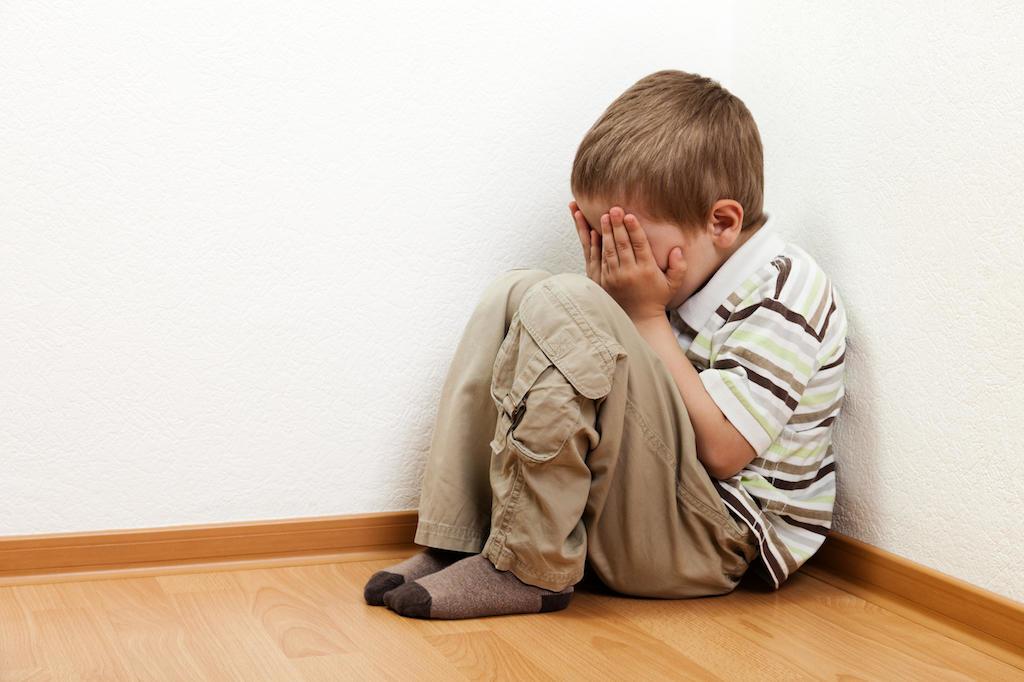Counselling for Trauma
Have you experienced or witnessed an event or had ongoing events in your life that has given rise to flashbacks or nightmares? Are you experiencing cognitive confusion and feelings of shame or guilt since the event? Do you feel distant from your sense of self or even distant from others? If you experiencing a number of these symptoms you could be struggling with the effects of Trauma.
Dealing with a traumatic event or a serious of traumatic events can be difficult, as they often leave us feeling overwhelmed (emotionally overloaded) or numb therefore reducing our ability to cope. A Traumatic event is considered an individual event, serious of events of prolonged events that are extremely distressing usually involving a threat to self or others in the form of death or threatened death, serious injury or being involved with or the threat of violence.
This can include but is not limited to
- being in an accident
- being sexually or psychically assaulted
- being in an emotionally abusive relationship
- being involved in a war or civil unrest
- being involved in a natural disaster
- growing up in a domestic violent household
- being bullied or harassed
- witnessing directly or indirectly being exposed to details of trauma (vicarious Trauma )
These types of experiences can rattle our sense of self and our understanding of our world causing us to questions some beliefs and the way we look at how the world works. It can affect the cognitive, emotional, physical, spiritual and social aspects in a deep and profound manner for individuals, groups or even generations.
Some Signs and Symptoms of Trauma (usually lasting more than 1 month).
- Unwanted upsetting memories
- Nightmares or flashbacks
- Emotional distress if the event is talked about or thought about
- Efforts to avoid thinking, feeling or even talking about the event
- Efforts to avoid places or people that might cause recollections of the trauma
- Disturbances in social, occupational or daily functioning
- Hyper-vigilance or heightened startle reaction
- Feelings of anxiety or fear
- Difficulty falling or staying asleep
- Irritable or outbursts of anger
- Risky or destructive behaviour
- Mentally feeling foggy or difficulty concentrating
Not everyone who experiences a traumatic event will display these symptoms or even to the same extent, a person may begin to feel better quite quickly. With severe trauma, though, it is important to recognise how it is affecting your life and to seek help as soon as you can.
Acute Stress Disorder V Post Traumatic Stress Disorder (PTSD)
Acute Stress Disorder and Post Traumatic Stress Disorder can both have similar symptoms but are essentially categorised and treated differently clinically. Acute Stress Disorder will only affect a person short term usually for a period of weeks or months then goes away. PTSD thas long-lasting effects and is characterised by symptoms lasting more than a month affecting the person’s ability to sustain employment, relationships trouble or generally not able to function. PTSD can occur months or years after the events.
Coping with Symptoms of Trauma, if the event has just occurred or next few days following an event
- If possible surround yourself with people who make you feel safe and that you trust
- Talk about the incident with those you trust, this may be difficult following the incident so give yourself time
- Avoid self-medicating with alcohol or drugs
- Avoid stimulants such as tea or coffee
- Remind yourself that any emotions following are normal and OK
- Try to eat something nourishing
- Self-care is important, do the things that comfort you
- Try and get into your normal routine as soon and as much as possible
Coping with Prolonged or Recurring Symptoms of Trauma
- Remind yourself that any emotions or symptoms are normal
- Remember to eat and drink water, and try to choose healthy foods
- Engage in self-care activities you enjoy, bubble bath, listening to music, jogging, painting
- Allow yourself time to deal with the memories
- Try mindfulness and mindful breathing
- Educate yourself on the impacts of trauma
- Notice any body sensations or other impacts the trauma has had on you
- Surrounding yourself with people you trust and can support you
- If symptoms persist, seek support from a mental health practitioner
Childhood Trauma or Developmental Trauma
Childhood trauma is when a child experiences or witnesses events that are emotionally distressing or psychologically painful. This can be in relationships, eg. abuse, neglect, violence, as well as in the form of events such as an accident, loss of a caregiver, medical procedures, war, civil unrest, or natural disaster. Children affected by trauma may display slightly different type of symptoms, such as clinging to the caregiver, showing signs of fear, physical pain with no medical cause, lose interest in hobbies, nightmares or not wanting to sleep alone, or any other changes in relationships. Children can also experience complex trauma, usually characterised by interpersonal trauma, usually in the form of ongoing abuse or neglect. This can be especially harmful and can disrupt the normal sequence of brain development.
How to help children affected by Trauma?
- Reassure the child that the event wasn’t their fault, and any emotions are normal and OK
- Don’t pressure them to talk, it can be a difficult experience, but keeping an open pathway to when and if they feel ready to talk
- Children can often find it easier to draw a picture of the event, or how they feel about what happened or is happening
- Keep to routines, establish a predictable structure for meals, sleep, family activities, etc.
- Create an environment where children feel safe and cared for
- Manage caregivers stress, children can be sensitive and pick up others anxieties
- If the child’s reactions are so intense it’s interfering with the child’s ability to function at school or home, they may need help from a mental health professional, preferably one who specialises in childhood trauma



